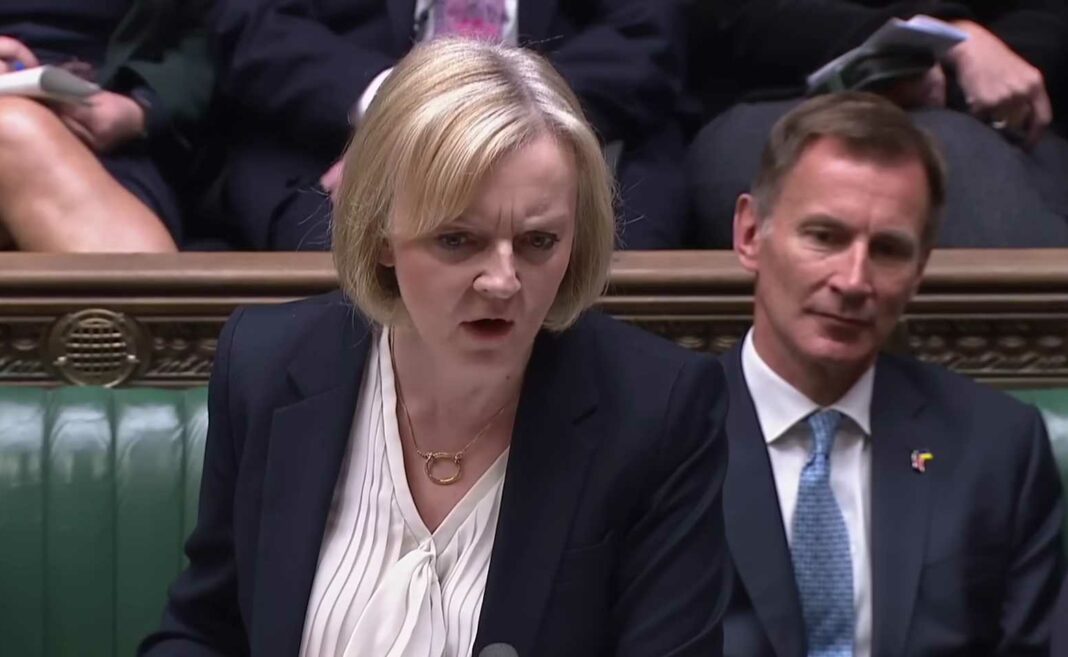21 OCTOBER 2022 | ANALYSIS
Since the Prime Minister’s resignation yesterday, there is much speculation as to who could succeed Liz Truss – including Boris Johnson.
But who is most likely to replace her? Despite having resigned from her Government the evening before, it has not been reported that Suella Braverman will stand.
And although, like Braverman, Chancellor Jeremy Hunt competed with Truss during the summer’s Tory leadership election, he has confirmed he will not stand having been promoted to replace Kwasi Kwarteng, who fell on his sword over the ‘mini-Budget’.
One name put forward so far as a potential successor is that of the former Prime Minister, Boris Johnson – he has so far received public support from Conservative backbenchers Brendan Clarke-Smith and Marco Longhi. Clarke-Smith argued that Johnson would have no need to seek another mandate from the public due to his election win in 2019.
Certainly, though surprising, Johnson’s candidacy would likely be popular amongst the party membership considering that it was the parliamentary party, not the wider membership, who forced the former Prime Minister to resign.
However, he remains under scrutiny by the parliamentary Privileges Committee over his infamous ‘Partygate’ scandal at present, which could harm his credibility when its investigation concludes in the next few months.
Such a development could potentially leave the Conservative Party back where it is just now, and force it to call a General Election. Indeed, the leaders of the Labour Party, the Liberal Democrats and the SNP have all called for an election in response to Truss’ resignation.
Conservative MP Mark Garnier has also backed the calls for a snap election in the wake of Truss’ departure.
Although the Defence Secretary did not put his name forward to compete in the last leadership contest, Ben Wallace had seemed to be gathering support from some Conservative MPs, until he ruled himself out of the contest.
Penny Mordaunt, the present Leader of the Commons and a former Defence Secretary herself, also became the first MP to officially enter the race.
But amidst all the speculation, it is former Chancellor Rishi Sunak who seems to be the most likely candidate to replace Liz Truss.
Despite being seen as one of the ‘backstabbers’ who enabled the downfall of Boris Johnson amongst party members, the former Chancellor finished second in the leadership race, and forecasted the economic landscape the country would find itself in should Liz Truss ascend to leadership.
Though it may not be wise to appear to tell the party ‘I told you so’, he is seen as a figure who could return the country and party to stability, were the party to unite around him should he succeed Truss.
Over the past 24 hours, The Financial Times has reported that Sunak was seen as the bookies’ favourite. Now, Ladbrokes is reporting him to be roughly neck and neck with Johnson in terms of odds, with the picture changing by the hour.
For now, it is uncertain as to who could be the next Prime Minister, but the Chairman of the 1922 Committee of backbench Tory MPs, Sir Graham Brady, has confirmed that the new leader will be selected in the next week – so the most likely candidate will emerge soon.
Any candidate must receive at least 100 nominations from the parliamentary party, meaning there could be a maximum of 3 owing to Tory MP numbers.
If more than one candidate emerges, the matter will be put to the party membership in a strictly online ballot, open from next Tuesday and running until 11am next Friday.
The political blog Guido Fawkes is maintaining a spreadsheet of who it gathers is backing whom, which can be consulted here. It shows Mr Sunak comfortably ahead of Mr Johnson at the time of writing.


























